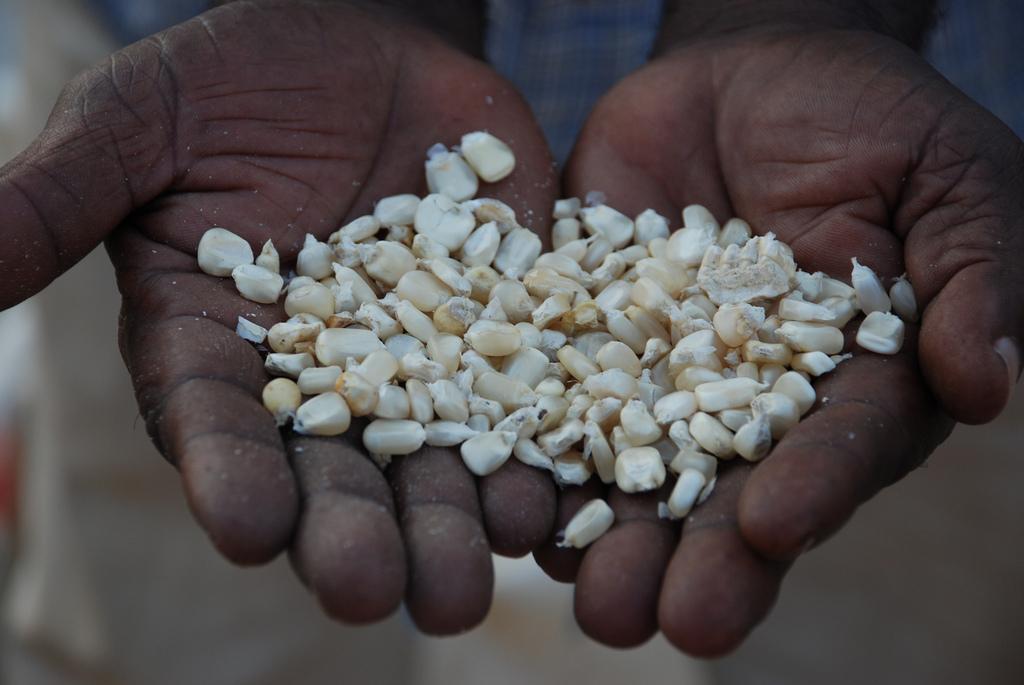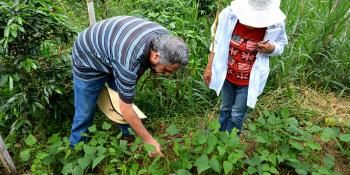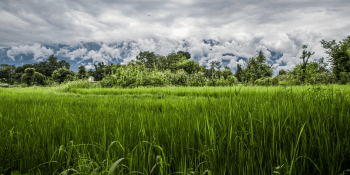Share your crop knowledge: Help identify stress-tolerant species

Do you know any traditional crops that are tolerant to harsh conditions linked to climate change? Maybe they are resistant to drought, heat, salt or high pest pressure?
Thousands of edible plant species are cultivated and collected by farmer communities worldwide. Many of these crops are tolerant to heat, drought, flood, pests or other stressful growing conditions. These crops and their genetic resources could benefit wider communities if given more research attention but knowledge about them is often little or limited to the communities where they are found.
Bioversity International, together with the CGIAR Research Program on Climate Change, Agriculture and Food Security (CCAFS) and the International Fund for Agricultural Development (IFAD), need your input in a global survey on crops that hold the key to climate change adaptation.
If you are an agricultural researcher, a farmer or someone working with farmer communities, your knowledge of hardy species or varieties is especially invaluable to us. Your answers to the survey will help to prioritize crops for climate change adaptation research and strengthen market links of stress-resistant crops.
Here are a few things you would need to know for the survey:
• The scientific name of the plant
• The climatic stress that it is tolerant to (drought, heat, salt, pests, frost, etc.)
• The country where it is found and in what kind of area (mountainous, coastal, riverside etc.)
• Whether it has any other uses or a role in times of climatic stress.
The survey is available in English, Spanish and French and the deadline is 7 February, 2014.
Click here to start the survey.
Link to original story on the Bioversity International website.

Finding crops that can stand the test of time, heat, salt or frost is crucial to help smallholders adapt to a changing climate.
Photo: A.



